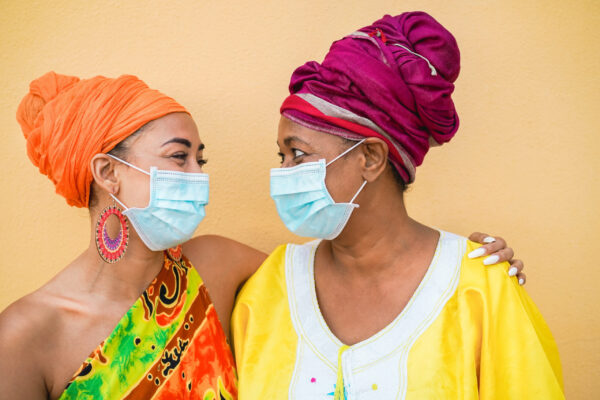The COVID-19 pandemic has taken a heavy toll on the world over the past year. The United States has been particularly hit hard, with a death toll of over 545,000 individuals as of March 24, 2021, according to Johns Hopkins University.
A study conducted by researchers at USC and Princeton found that due to the many pandemic-related deaths in 2020, the average life expectancy for Americans has decreased from 78.61 years to 77.48 years. This decrease of 1.13 years is the largest single-year decline in the last 40 years. 77.48 years is also the lowest expectancy estimated since 2003.
However, not all groups have been equally affected. Minority populations have seen bigger decreases in life expectancy than 1.13 years. The study predicted that the life expectancy for Black people will shorten by 2.10 years to 72.78 years, and for Latinos, by 3.05 years to 78.77 years. White people have a much smaller projected decline of 0.68 years to 77.84 years. These findings were compiled in October 2020, and are a reflection of American life expectancy in the year 2020. Due to the rapidly evolving nature of this virus, the study authors were unable to definitively project life expectancy in the coming years.
Study finds that life expectancy for Black populations has declined due to the COVID-19 pandemic.
Image Source: Jeenah Moon
The researchers noted that this pandemic is expected to widen the gap in life expectancy between Black and White people to 40% and reverse 10 years of progress in closing the gap.
Latinos have consistently had a three-year higher life expectancy than White people. However, this three-year advantage will be reduced to a less than one-year advantage. This will be a drop of over 70% and is mostly due to the pandemic. This data further demonstrates how this disease has disproportionately impacted marginalized groups.
Minority populations have faced additional risks of infection since the start of the pandemic.
Image Source: Juanmonino
One of the study’s authors, Theresa Andrasfay, a researcher at the USC School of Gerontology, stated that the pandemic’s varied impacts “on Black and Latino Americans likely has to do with their greater exposure through their workplace or extended family, in addition to receiving poorer health care, leading to more infections and worse outcomes.”
The other author, Noreen Goldman of the Office of Population Research at Princeton University, spoke specifically to the decrease in the Latino average life expectancy: “the generally good health of Latinos before the pandemic, which should have protected them from COVID-19, has laid bare the risks associated with social and economic disadvantage.” A story by ABC News lays out the added risk factors that have contributed to higher Latino mortality: more are essential workers, uninsured, and face a language barrier (which makes it more challenging to access safety information from government and health institutions).
Goldman hopes that this study can spread awareness of the need for protective behaviors and programs that aim to protect all members of hard-hit minority communities, hopefully to a level that restores or increases the life expectancy of these populations.
Featured Image Source: DisobeyArt










